By Julieanna Richardson-
When I was nine years old and the only black kid in my class, my teacher asked us to talk about our family backgrounds. I marveled as my classmates regaled us with stories about their family lineage. They were part-Irish, part-British, part German. What was I? The only thing we studied back then in my classroom about black people were slavery and George Washington Carver and it was hard for a young kid to think that George Washington Carver had done all these things with peanuts when all we had been were slaves. So when the teacher turned her attention to me..I said that I was part black(Negro at the time), part Indian (almost all black people say that they are Indian and most also volunteer that they are Cherokee) and then I slipped in French. I did not want to be left out, but I saw my teacher give me a curious look as if she knew I was fibbing. The truth is that we all want to and should have a legacy… a heritage…a past that provides context for our present and for our future.
It would take me another ten years to have this context added. When a sophomore at Brandeis University doing research on the Harlem Renaissance took me to the rich treasure trove of New York’s Schomburg Library where on a gray fall day in Harlem, I listened to I’m Just Wild About Harry. For the first time, I learned that this popular tune had been written by the famous black song writing team of Noble Sissle and Eubie Blake. I was estatic. I, as a black person, actually had a history. This discovery brought me such delight. In fact, I went around the streets of New York interviewing anyone who would talk to me about the Harlem Renaissance. I interviewed Butterfly McQueen who had starred in the movie Gone With The Wind. She was living in impoverished conditions in Harlem and the high pitched voice that was her trademark was actually her real voice. I also interviewed Leigh Whipper, who was the oldest black living actor in 1972. The day that I interviewed him was the day that Josephine Baker had returned to perform in New York. She had contacted him to tell him that she was in town. He was blind at the time. Doing oral history interviews ignited in me a passion to dedicate my life to the preservation of our history. Our children need it.
While times have changed, their understanding of their culture and their contributions to society are still woefully limited. Just think… for them Dr. Martin Luther King, Jr. might just as well be George Washington cutting down the cherry tree. We live in a time that the Martin Luther King Holiday which in 2011 will celebrate its 25th anniversary has in many ways lost its historical meaning and the names that are touted both within and outside of the black community are limited(i.e. Rosa Parks, Harriet Tubman, Fannie Lou Hamer, Malcolm X). I work with young people all the time and it is wonderful to see their faces light up when they learn something new about the history of black people. They tell me that things have not changed that much in what they are taught in school. We have a responsibility to change that and that starts with black parents, grandparents, aunts, uncles and cousins. Take a moment around the dinner table or on a trip to share stories about your growing up and what things were like. Take time to share family stories and legacies. If you do not know them, make it a family project to visit relatives and take out the recorder to record the story of someone elderly. The things you will learn can ignite in your children a sense of their own history..their own legacy. If nothing else, they will learn interviewing skills. If you are lucky, they will, when ask, be able to regale others with their family history in a proud and confident manner.
__________________________________________________
Beccastone Editor’s Note: This article reminds us of the importance of understanding history, both the history of Blacks in this country as well as our individual family history. The author, Julieanna Richardson, is the founder and executive director of The HistoryMakers, a non-profit Chicago-based organization committed to preserving, developing, and providing access to an archival collection of thousands of African American video and oral histories.

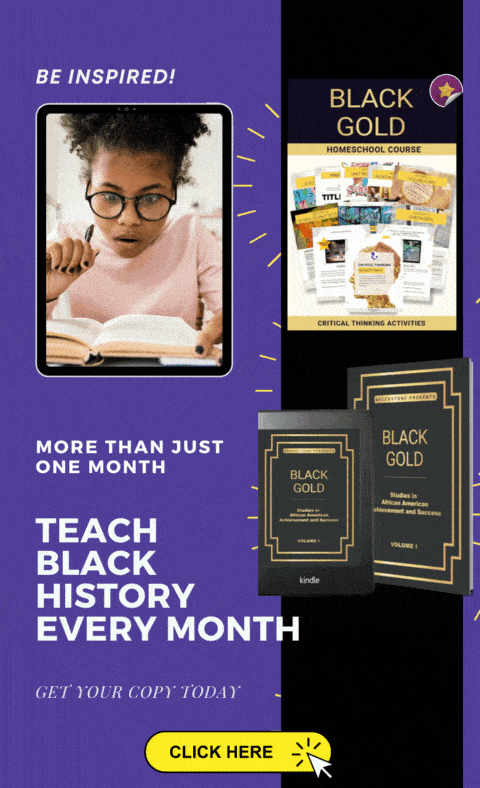

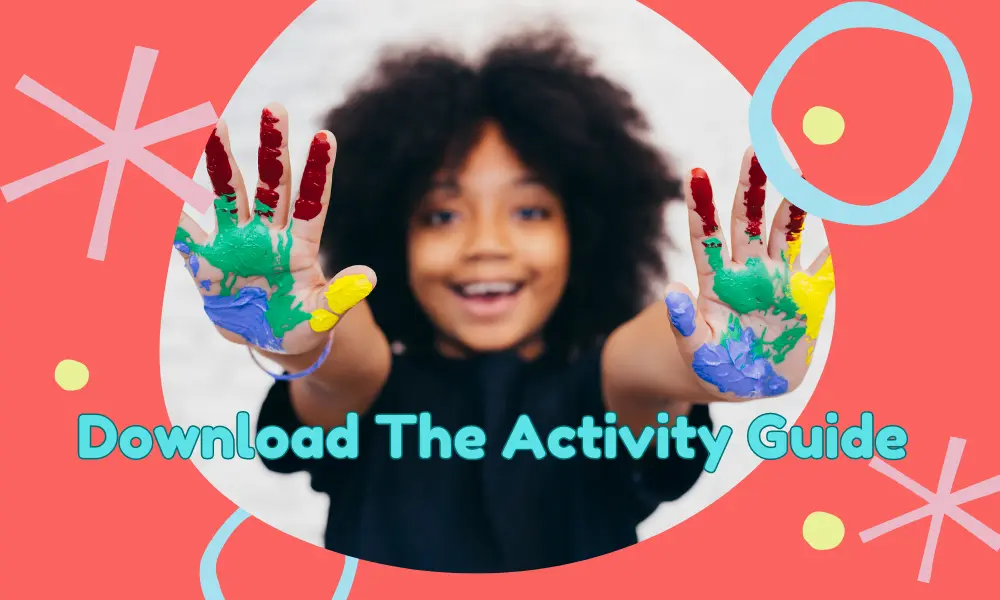
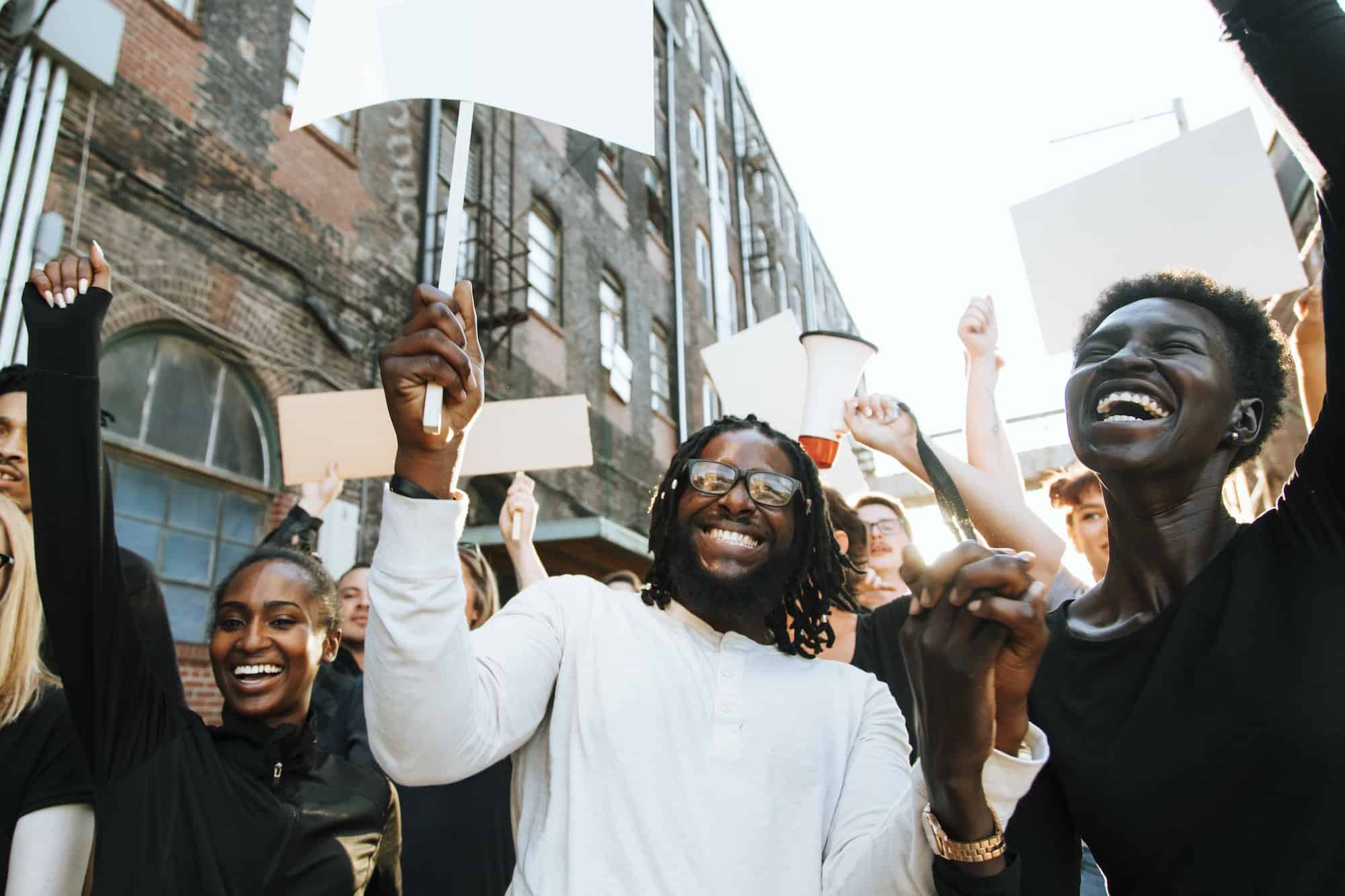
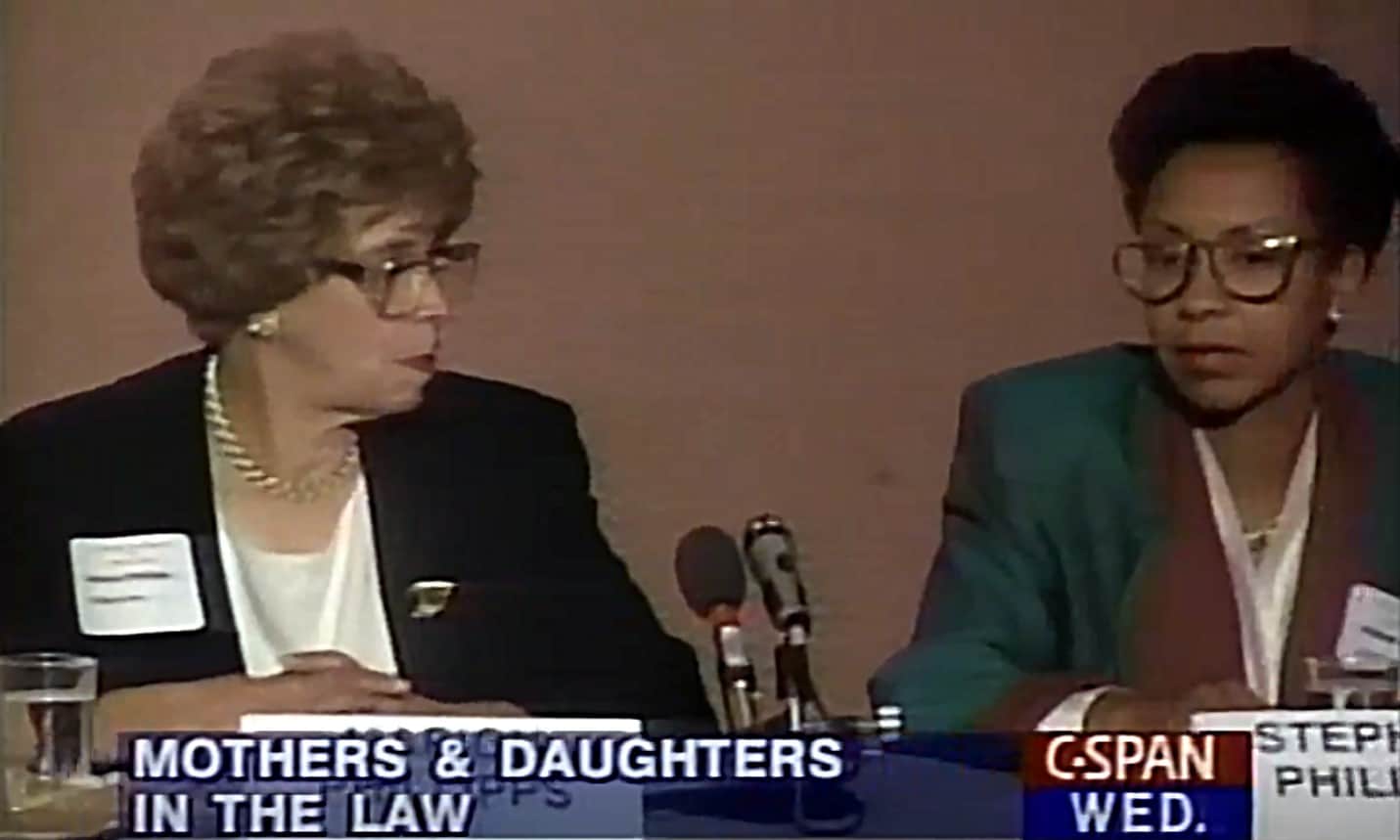
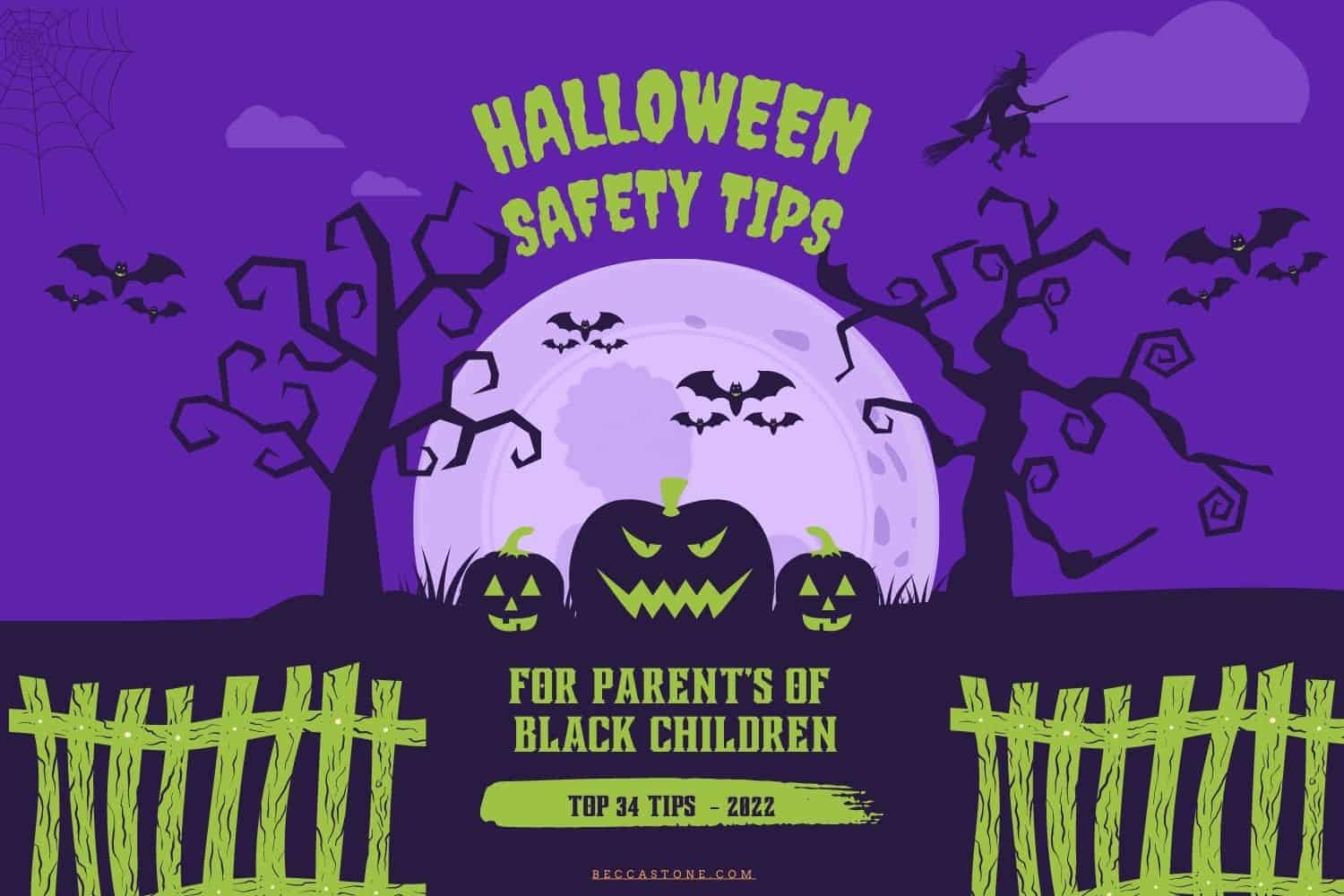
Share your thoughts